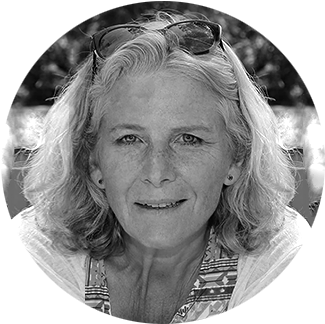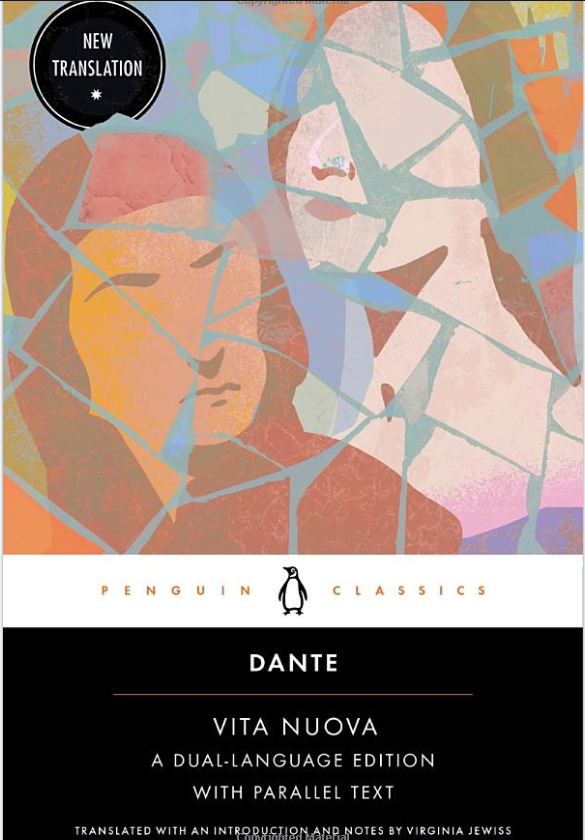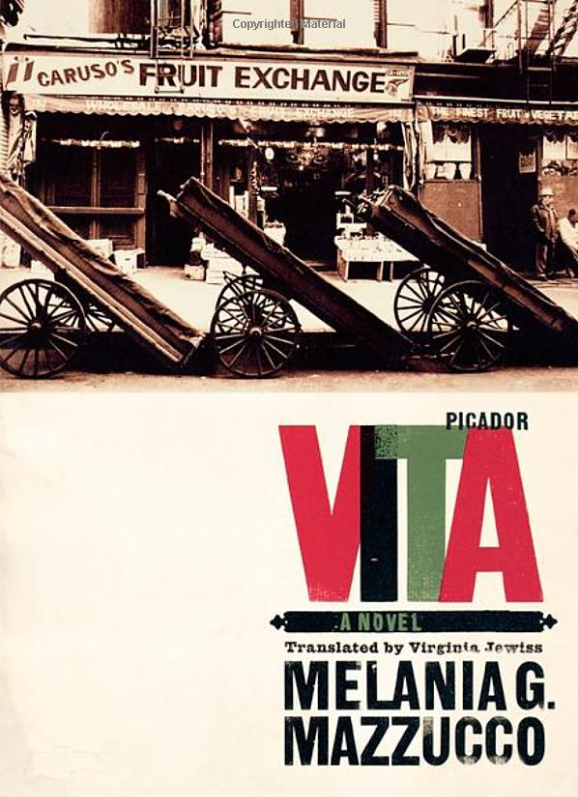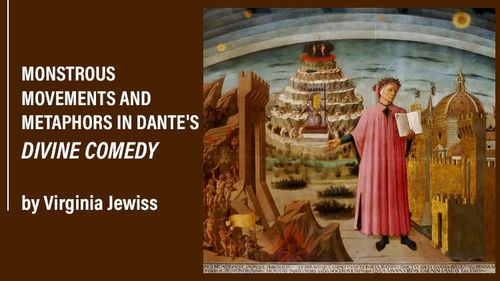
Virginia Jewiss
EUASU Academician. Associate Director of the Alexander Grass Humanities Institute and Teaching Professor in the Humanities at Johns Hopkins University. Before moving to Hopkins, she was a senior lecturer at Yale University and the Director of the Yale Humanities program in Rome. She is a noted translator of numerous works of Italian literature and film.
Virginia Jewiss is EUASU Academician. Associate Director of the Alexander Grass Humanities Institute and Teaching Professor in the Humanities at Johns Hopkins University. Before moving to Hopkins, she was a senior lecturer at Yale University and the Director of the Yale Humanities program in Rome.
Virginia Jewiss received her PhD in Italian literature from Yale University and taught at Dartmouth College and Trinity College’s Rome campus before returning to Yale, where she was a Lecturer in the Humanities and Director of the Yale Humanities program in Rome. She has translated the work of numerous Italian authors and film directors, including Roberto Saviano’s Gomorrah, Melania Mazzucco’s Vita, and screenplays for Paolo Sorrentino and Gabriele Salvatores.
Virginia Jewiss served at Yale for many years as Assistant to the Director of the Whitney Humanities Center. A medievalist with extensive experience both within and beyond academia, she practices the humanistic teaching and scholarship that is central to AGHI’s mission. She designed and directed the Yale Humanities in Rome program, crafted numerous innovative, interdisciplinary courses, and was a core faculty member for Directed Studies, Yale’s great books program.
Professor Jewiss is a noted translator of numerous works of Italian literature and film. She helped launch the Cecile and Theodore Margellos World Republic of Letters at Yale University Press and continues to serve on the advisory board. Her own translations include Dante’s Vita Nuova, Luigi Pirandello’s short stories, Roberto Saviano’s Gomorrah, and Melania Mazzucco’s Vita. A longtime resident of Rome, she collaborates with Italian directors Paolo Sorrentino and Matteo Garrone, adapting their screenplays in English for filming.
Contacts:
Linkedin
Email: virginia.jewiss[at]yale(dot)edu
 | Vita Nuova: A Dual-Language Edition with Parallel Text by Dante Alighieri (translation) A sparkling translation that gives new life in English to Dante’s Vita Nuova, his transcendent love poems and influential statement on the art and power of poetry, and the most widely read of his works after the Inferno. Censored by the Church, written in the Tuscan vernacular rather than Latin, exploding the courtly love tradition of the medieval troubadours, and employing an unprecedented hybrid form to link the thirty-one poems with prose commentary, Vita Nuova, first published in 1294, represents both an innovation in the literature of love and the work of Dante’s that brings this extraordinary poet into clearest view. This limpid new translation, based on the latest authoritative Italian edition and featuring the Italian on facing pages, captures the ineffable quality of a work that has inspired the likes of Ralph Waldo Emerson, Charles Baudelaire, T. S. Eliot, Jorge Luis Borges, Robert Penn Warren, and Louise Glück, and sustains the long afterlife of a masterpiece that is itself a key to the ultimate poetic journey into the afterlife, The Divine Comedy. |
 | Vita: A Novel by Melania G. Mazzucco (translation) In April 1903, Diamante, age twelve, and Vita, age nine, are sent by their poor families in southern Italy to make a life for themselves in America. Theirs is an unforgettable love story, a riveting tale of immigrant survival and hope that takes them from the crime-ridden tenements of Little Italy to the brutal rail yards of the Midwest, on paths that cross with the Black Hand, Caruso, and Chaplin. It is a story that reaches across decades, to the son of Vita, who would travel as far as Italy to find his roots and the man who could have been his father. In Vita, the author, Melania G. Mazzucco, also tells her own story of how she found Diamante and Vita in old photographs, documents, ship manifests, and the fading memories of her relatives, and from these fragments of the past imagined this gripping epic fiction of her family's history. |
 | Gomorrah: A Personal Journey into the Violent International Empire of Naples' Organized Crime System by Roberto Saviano (translation) Gomorrah is a bold and important work of investigative writing that holds global significance, one heroic young man's impassioned story of a place under the rule of a murderous organization. A groundbreaking, unprecedented bestseller in Italy, Roberto Saviano's insider account traces the decline of the city of Naples under the rule of the Camorra, an organized crime network more powerful and violent than the Mafia. The Camorra is an elaborate, international system dealing in drugs, high fashion, construction, and toxic waste, and its influence has entirely transformed life in Campania, the province surrounding Naples. Since seeing his first murder victim, at thirteen, Roberto Saviano has watched the changes in his home city. For Gomorrah, he disappeared into the Camorra and witnessed up close the drug cartel's audacious, sophisticated, and far-reaching corruption that has paralyzed his home city and introduced the world to a new breed of organized crime. |




